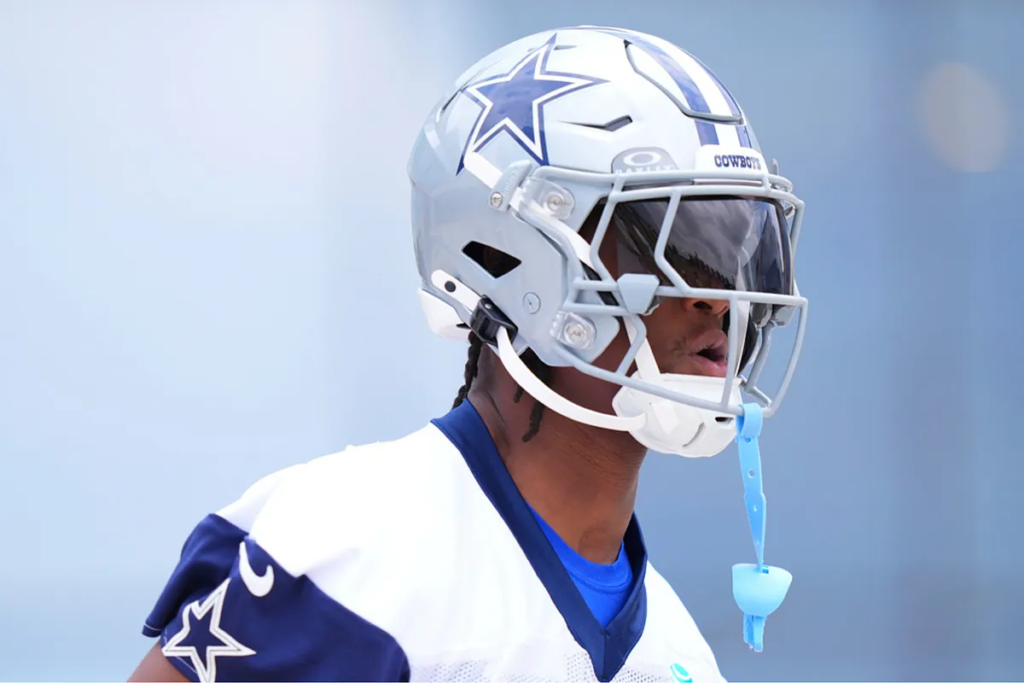The Dallas Cowboys earn roughly $40 million less in ticket revenue than the San Francisco 49ers, yet they remain the NFL’s most profitable franchise.
On paper, the 49ers pull in more per game at Levi’s Stadium thanks to an average ticket price of $161, second-highest in the league. Still, those gains don’t dent the Cowboys‘ dominance in operational income and overall revenue.
Forbes reported the Cowboys achieved an astonishing $564 million in operational income in 2024, nearly double the Los Angeles Rams ($286 million) and far ahead of the New England Patriots ($261 million). Their local revenue reign is even more impressive: roughly $800 million, more than twice that of any other team.
The business model behind the brand
Much of this stems from the NFL’s revenue-sharing structure. Teams split about 65% of league-wide media, sponsorship, and broadcast income equally. Individually, the host team pockets only about 66% of ticket receipts (with the rest going into a shared pool).
As a result, even though the 49ers lead in gate income-$176.5 million vs. Dallas‘s $135.7 million-that edge is less meaningful after distribution. Unused ticket premiums don’t promise greater profits.
How Dallas turns stadium space into revenue streams
AT&T Stadium isn’t just a game-day venue. Owned outright and privately financed by Jerry Jones, it acts as a full-service entertainment and revenue engine.
With naming rights, premium boxes, local sponsorships, concerts, rodeos, and special hospitality events, Dallas earns beyond the 17 Sundays of the NFL season.
Unlike teams that rent from municipal entities (e.g., Chargers at SoFi) or share with others (Giants/Jets at MetLife), the Cowboys retain all event income and enjoy greater operational margins.
This autonomy has fueled their unmatched $800 million in local revenue.
Beyond the stadium, their global brand value soared to $11 billion in 2024, according to CNBC, over $3 billion more than any NFL rival. Massive sponsorship deals and elite corporate partners continue to drive this edge.
Much credit goes to Jerry Jones, who bucked league conventions in the 1990s by securing American Express and Pepsi deals-unconventional at the time-but planted seeds for today’s massive brand ecosystem.
His aggressive strategy gave Dallas a first-mover advantage in local sponsorships and stadium monetization.
Read the full article here

